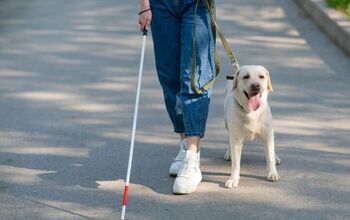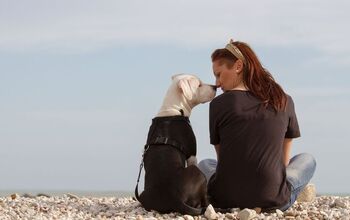Warmer Winter Means Higher Risk of a Leptospirosis Outbreak

Many across the United States can’t believe that the weather they’ve been having lately is very, ‘winter.’ And while warmer, rainier weather can make it seem spring-like, it also can mean a rise in a serious bacterial infection called Leptospirosis, also commonly called Lepto.
Related: Why Senior Dog Wellness Checkups are Important
Lepto is spread through rat urine, and if not discovered and treated, can be fatal for dogs. Warmer, moist weather brings rats out more, particularly in Chicago, which has just been named the “Rattiest City,” in America. Though lepto seems to be popping up all over the country, Chicago is seeing a highly disproportionate number of cases.
Veterinarian Dr. Natalie Marks says that warm, rainy weather and rats make a perfect combination for Lepto exposure, and this causes concern for humans as well, as it is a zoonotic bacteria and can be transmitted to humans. The Lepto bacteria burrows in a dog’s fur, then spreads throughout its body, and can be transmitted through bodily fluids like saliva, urine or vomit.
Related: Leptospirosis in Dogs: What Every Dog Owner Needs to Know
Dr. Marks says that while some dogs can be carriers of lepto and only show slight symptoms like excess thirst and/or urination, others have severe infections with fever, diarrhea and vomiting, and they may experience kidney or liver failure. Dogs who live in close quarters in urban areas and go to dog parks or dog beaches or drink from communal dog bowls are more at risk, and she encourages pet owners to ensure any water their dogs are drinking is clean and fresh.
There are four strains of Leptospirosis, and a vaccination that covers all four strains is available. Vets encourage anyone who has dogs living in at-risk areas to strongly consider the vaccination, and to contact the veterinarian at the first sign of any symptoms.

More by Lori Ennis























